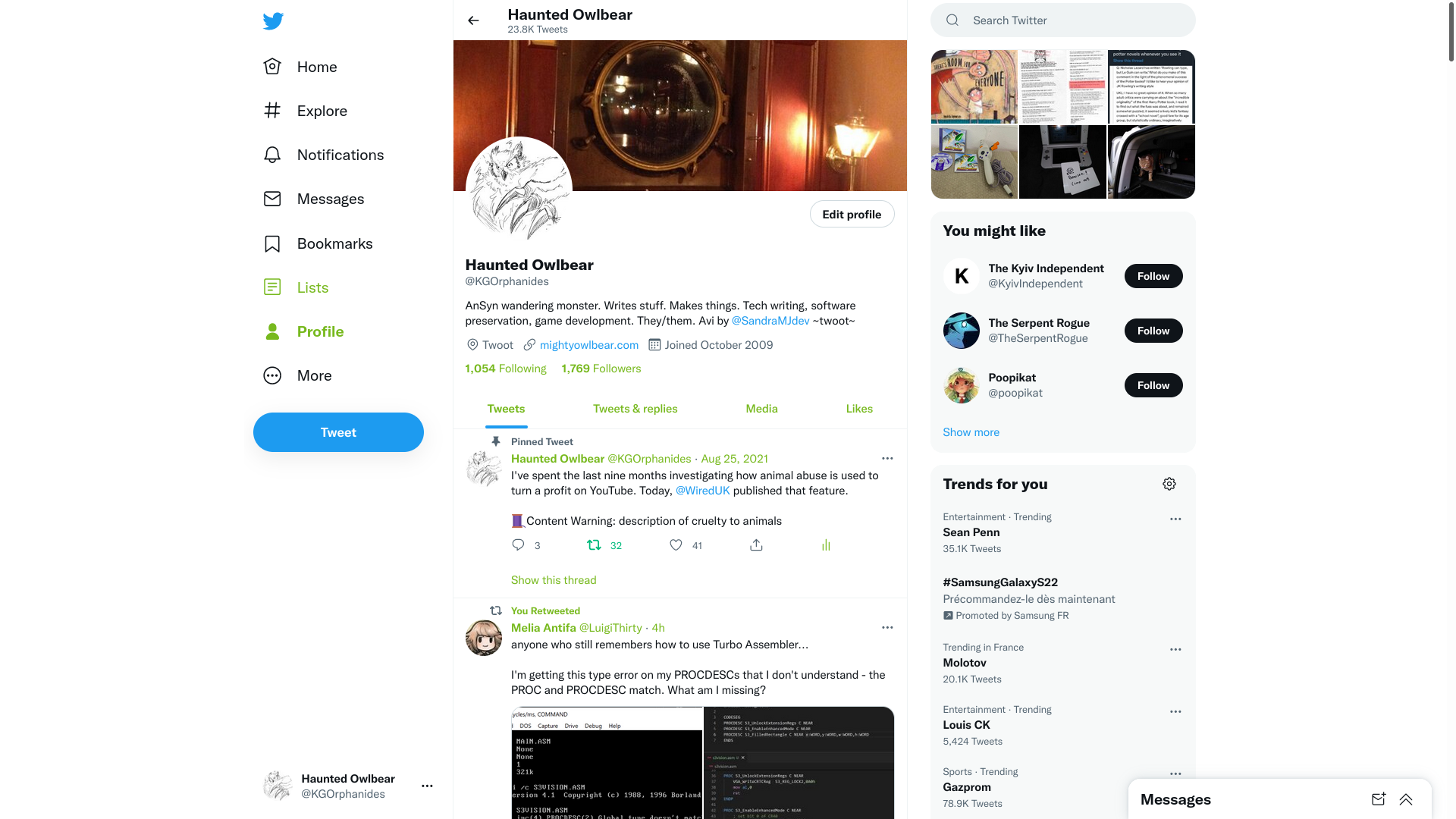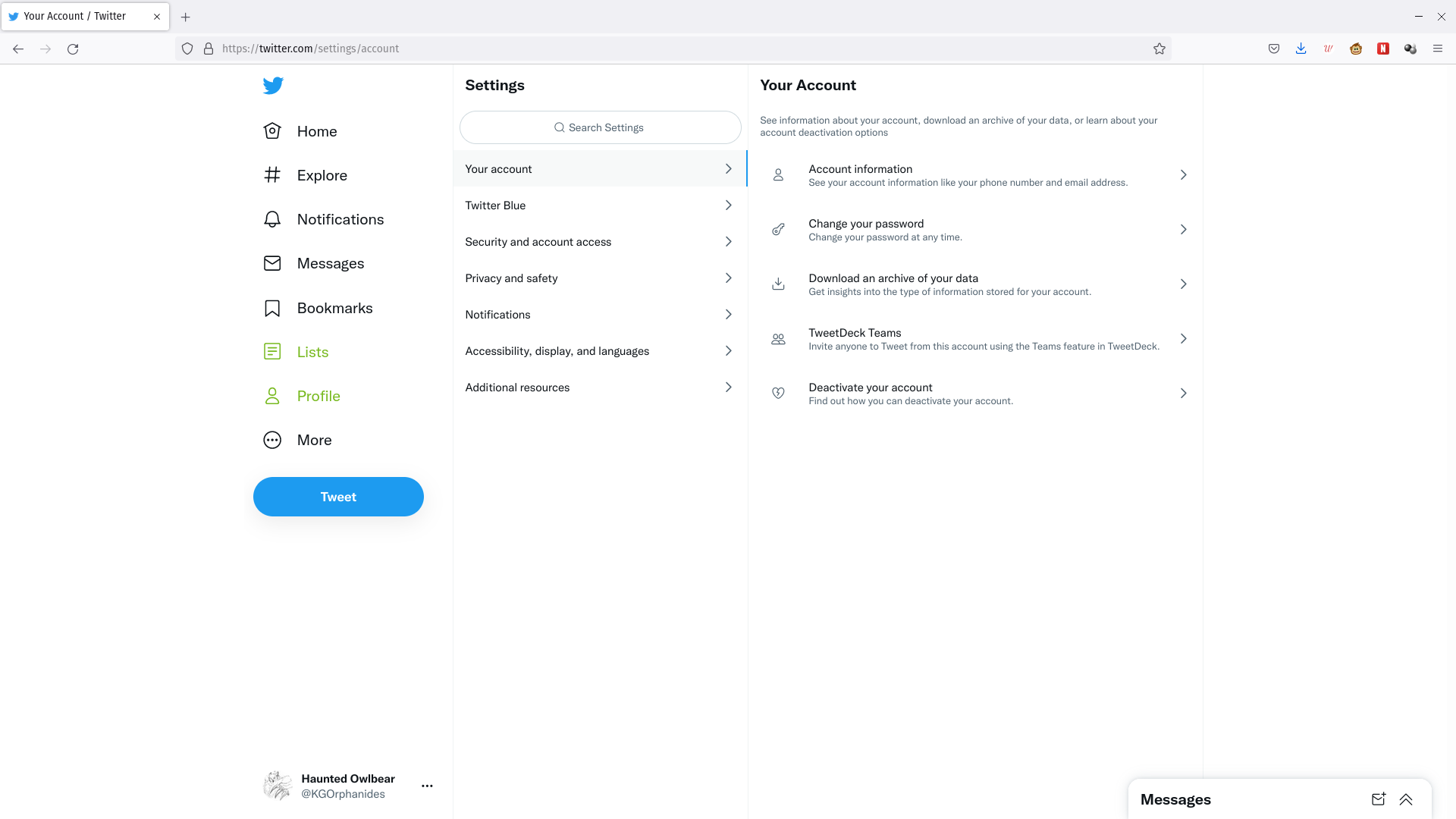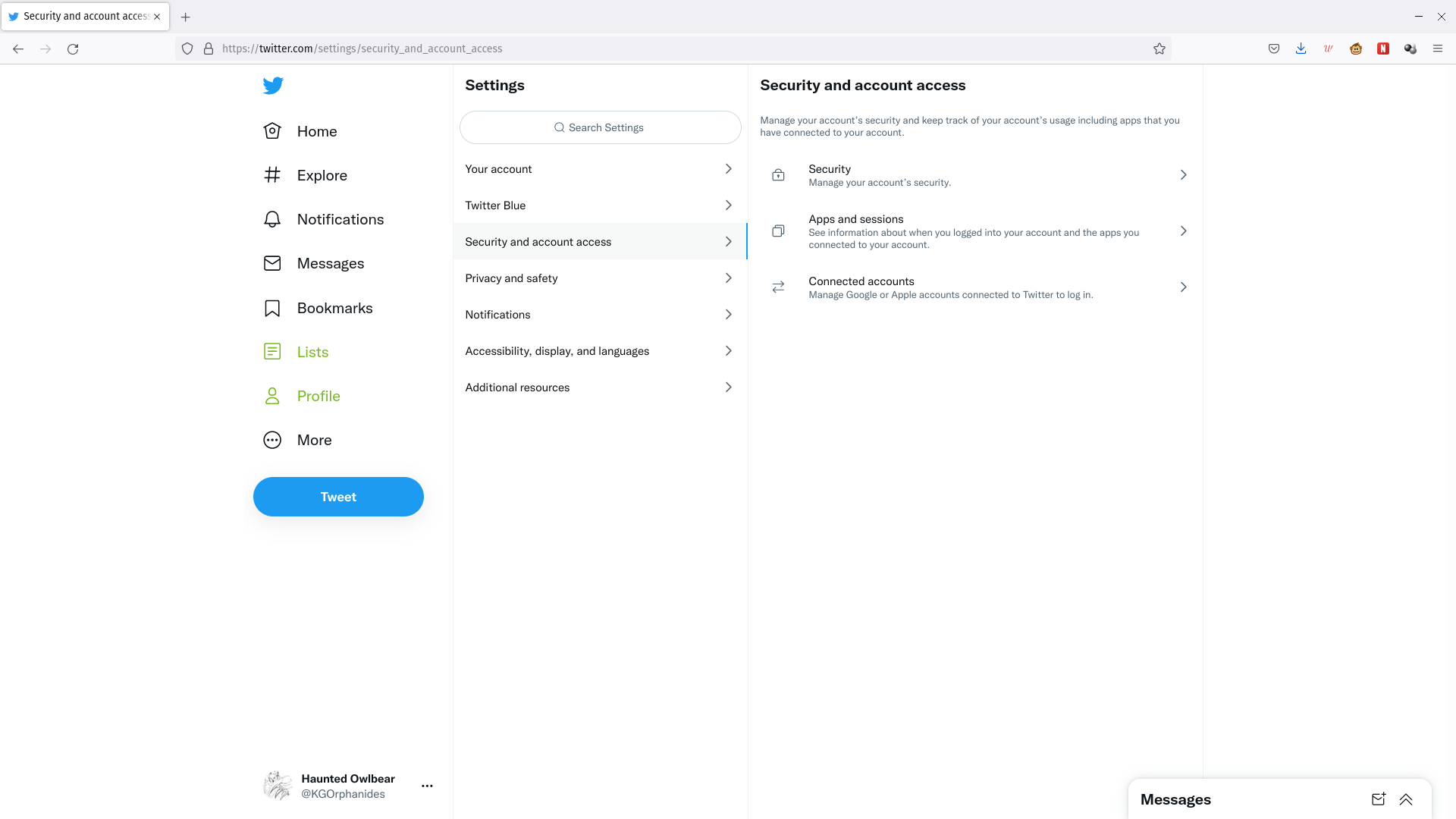Toei Animation Claims Recent Hack Caused By Third-Party Software Download, Assures Fans “Anime Production Are More Or Less Functioning Normally”
In the latest update in the saga of Toei Animation’s recent anime-delaying hack, the studio has claimed that the digital disruption was caused by employee error.
RELATED: Toei Animation Reveals Recent Hack Was Result Of Targeted Ransomware Attack
As previously reported, on March 6th, Toei Animation was hit with a massive ransomware attack, the effects of which resulted in the delay of several of the studio’s anime productions, including One Piece and the long awaited anticipated movie Dragon Ball Super Super Hero.

Source: Dragon Ball Super: Super Hero (2022), Toei Animation
Five days later, Toei Animation would publicly reveal the hack, announcing in an official statement that an unauthorized third-party had accessed the company’s network and in doing so caused a partial shutdown of the company’s internal computing systems.
At the time, as reported by Japanese news outlet NHK, the studio “believed that the cyber-attack was caused by ‘ransomware,’ a ransom-type computer virus.”

Source: Digimon Ghost Game Season 1 Episode 8 “Nightly Procession of Monsters” (2021), Toei Animation
RELATED: Dragon Ball Super Super Hero Receives New Release Date Following Toei Hack
Following a further investigation into the matter, Toei Animation has now revealed that the hack was caused by “a Company employee [who] downloaded a software required for business from an external website, which had been tampered with so as to simultaneously download a software program that would serve as the entry point for ransomware infiltration.”

Source: One Piece Episode 1015 “Straw Hat Luffy – The Man Who Will Become the Pirate King” (2022), Toei Animation
Speaking to their subsequent “response and investigation”, the studio explained in an April 28th press release. “When the above-mentioned unauthorized access into its network was confirmed, the Company took various measures including immediately shutting down portions of its internal system and restricting access from outside.”
“Moreover, the Company not only promptly reported the incident to the concerned authorities but also has been carrying out appropriate and…







